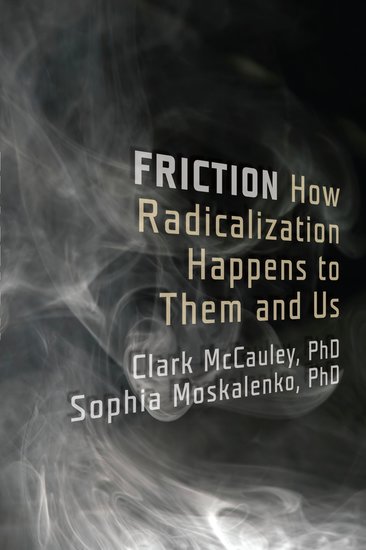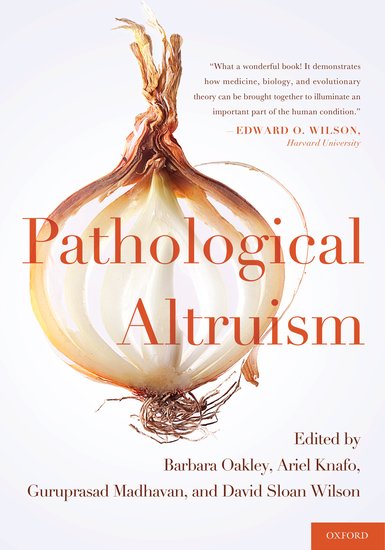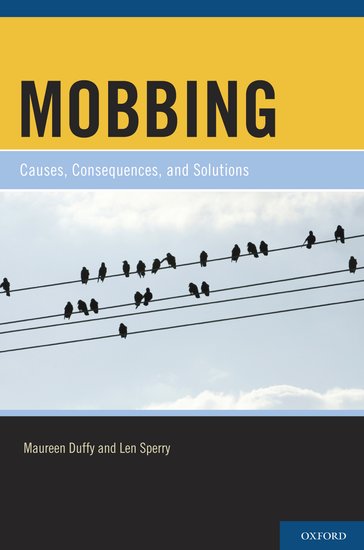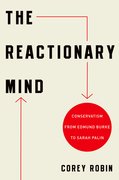In remembrance of things passed
By Philip Carter
On Saturday 5 May, Chelsea face Liverpool in this year’s FA Cup final, the culmination of what (despite its relative, recent decline) remains the world’s most famous domestic football, i.e. ‘soccer’, tournament. If you cut your Cup teeth before the 1990s — since then the competition has been partially eclipsed by Premiership football — you’ll remember Final day as a national, indeed international, occasion when millions tuned in to events on a 115 x 75 yard field in north-west London.




















